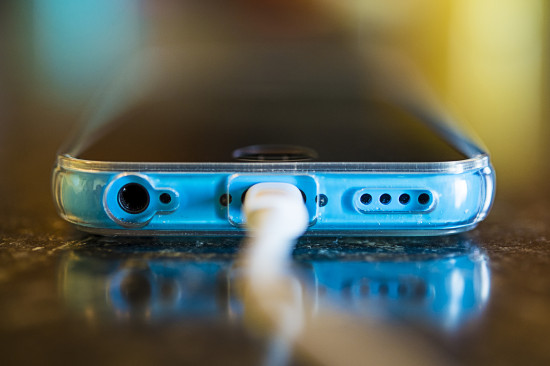
We have all become so dependent upon these gadgets that we are always looking for new ways to make our batteries last. Although technology is changing and improving our electronic devices, what we know about battery technology, and what makes them function, hasn’t recently changed a whole lot. There is no new battery technology, so the best way to keep them working up to optimum ability is to learn how to extend the battery’s life. In cruising the internet, you will find a variety of conflicting information about the best way to care for your battery. It can be confusing, but there are some easy tips to follow to avoid the hassles of a dead battery.
Perhaps you have heard of “battery memory.” This is the process of allowing your battery to drain completely then recharging it to full capacity so that your battery remembers its full potential. Although battery memory is a real thing, it applies to nickel-based batteries. More than likely, the battery in your electronic device is a lithium-ion battery, and this principle does not apply, and can, in fact, harm your battery. According to experts, the best way to care for a lithium-ion battery is to “top it off” as often as you are able. Your goal should be to keep your battery above 50% capacity as often as possible.
On the flip side, you will serve your lithium-ion battery best by unplugging your phone from the charger before it reaches 100% capacity as well. Phone batteries today apparently run best when not completely charged to full capacity. If you leave your phone charging after the battery is full, you run the risk of causing some battery degradation. The general rule of thumb is that batteries last the longest when they are charged between 40%-80%. This range is your battery’s “happy place”, and if kept within this range, it has the best chance of serving you for as long as possible.
The typical lifespan of a lithium-ion laptop battery is not as long as one might hope. In reality, it is only about 18 months to 2 years. One important fact to keep in mind is that if you allow your battery to discharge completely to 0% and do not recharge it for an extended period of time (several weeks), it may die completely and become incapable of being recharged.
Another thing to consider is the environment in which your battery is being kept. You should try not to allow your phone battery to become too hot. Heat is a damaging factor to battery life. Your battery will lose some of its maximum capacity if it is allowed to become too hot, so avoid leaving your phone in hot environments (such as your car) for extended periods of time. This applies to extremely cold temperatures as well. Your battery works best if not left in extreme temperatures.
Although all batteries eventually die, following these tips may help extend your battery’s lifespan. As our phones and laptops become more and more a part of our daily lives, learning how to extend your battery’s life is an invaluable tool.
(Photo courtesy of r. nial bradshaw)
I work as a freelance writer, and my passion is storytelling. I write blogs, feature articles, poetry, short stories, children’s stories, and I’m currently writing a novel.
Comments